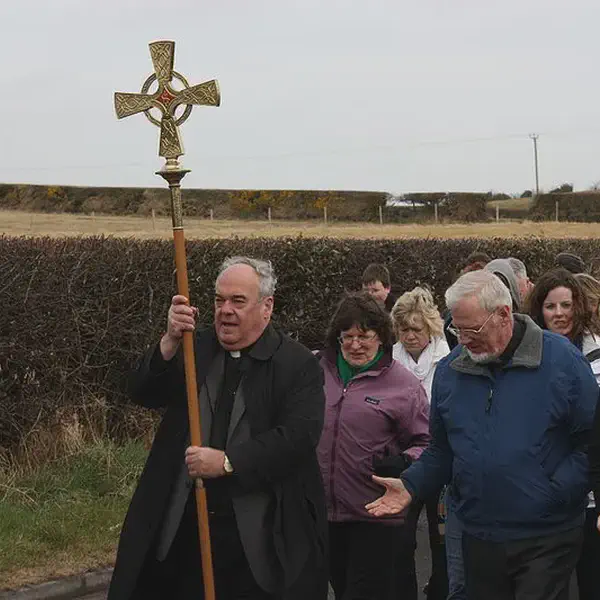
St. Patrick's Day, Becomes a Bank Day
March 17, 1903
Saint Patrick’s Day, or the Feast of Saint Patrick (Irish: Lá Fhéile Pádraig, lit. ’the Day of the Festival of Patrick’), is a religious and cultural holiday held on 17 March, the traditional death date of Saint Patrick (c. 385 – c. 461), the foremost patron saint of Ireland.
In 1903, Saint Patrick’s Day became an official public holiday in Ireland due to the Bank Holiday (Ireland) Act 1903, an act of the United Kingdom parliament introduced by Irish MP James O’Mara.
The first Saint Patrick’s Day parade in Ireland was held in Waterford in 1903, hundreds of years after the first parade in North America.
The week of Saint Patrick’s Day 1903 had been declared Irish Language Week by the Gaelic League and in Waterford they opted to have a procession on Sunday 15 March. The procession comprised the Mayor and members of Waterford Corporation, the Trades Hall, the various trade unions and bands who included the ‘Barrack St Band’ and the ‘Thomas Francis Meagher Band’. The parade began at the premises of the Gaelic League in George’s St and finished in the Peoples Park, where the public were addressed by the Mayor and other dignitaries.
On Tuesday 17 March, most Waterford businesses—including public houses—were closed and marching bands paraded as they had two days previously.